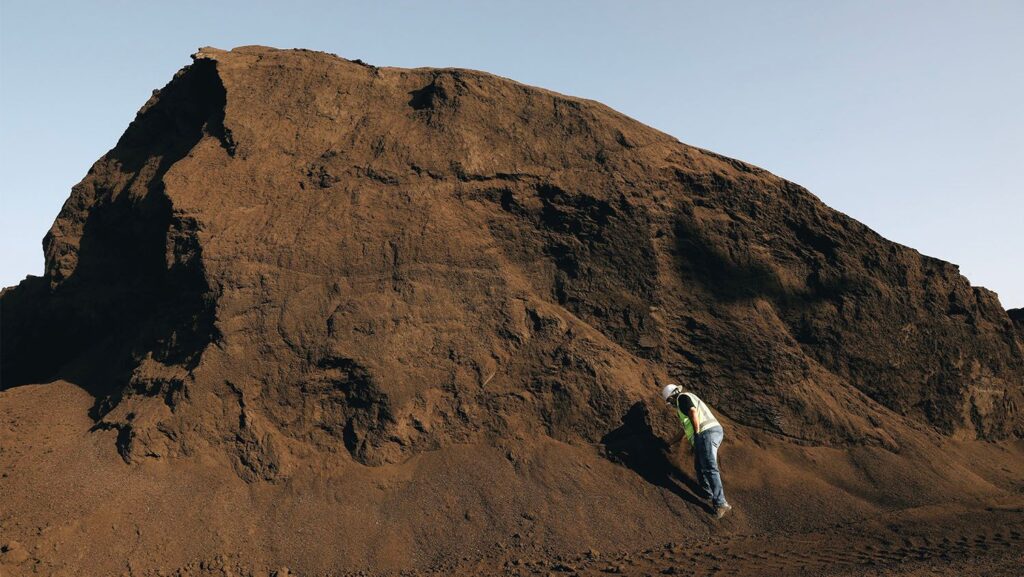A state law requires Californians to separate organic matter such as food scraps from the rest of their trash. The recycling program aims to dramatically reduce the amount of compostable waste sent to landfills which, in turn, should help to reduce the state’s methane emissions.
The law will mandate that Californians toss rotting food, tea bags, coffee grounds, banana peels, fruit puts and other leftovers into the bins they use for garden trimmings.
More than half of the trash produced in California is organic matter, the Los Angeles Times reports. The transition to the new law will prevent 17.7 million tons of organic material from being sent to the landfill. Instead, the food scraps will be turned into compost, which cities will be required to purchase, or energy.
Senate Bill 1383, passed by then-Governor Jerry Brown in 2016, is the biggest policy shift since the state introduced curbside recycling in the 1990s. The law aims to improve soil quality, drought resistance, and crops by returning organic matter to the land, but also reduce pressure on landfills.
Food scraps and the methane emissions problem
Sending kitchen scraps to the landfill generates methane, a greenhouse gas that is up to 80 times more potent than carbon dioxide (CO2). Landfills are one of the largest sources of methane emissions in the U.S., contributing 208 million metric tons of CO2-equivalent in 2009, according to the federal Energy Information Administration. Compost—which many of the food scraps will be turned into—can help to mitigate emissions. Soil on its own neither releases nor stores much carbon. But when a farmer covers a field with both cover crops and compost, soil carbon content goes up, which in turn delivers vital nutrients to soil microbes.
“It’s like a no-brainer,” Kate M. Scow, a soil scientist at the University of California, Davis, told the LA Times. “You can’t build carbon in the soil unless you feed carbon in. … It’s a way of closing the loop.”
This law makes California the second state to divert food waste in this way, after Vermont launched its own program last year. Within the state, San Francisco and a number of other cities already have similar food scraps policies in place. Residents dump it into green waste bins, which are picked up and delivered to a compost facility.
However, many cities will not be prepared to comply with the new waste law when it goes into effect, lacking enough bins and trucks for hauling green waste. Further, only a fifth of California’s composting facilities accept food waste, so additional outlets to support the incoming surge of organic matter may need to be built. This led Governor Gavin Newsom to allow cities some leeway; they have until 2023 to comply so long as they file an action plan by this March.
In addition to mandating the separation of food scraps from regular trash, the law requires that supermarkets donate up to a quarter of edible food destined for the landfill to food banks instead.


